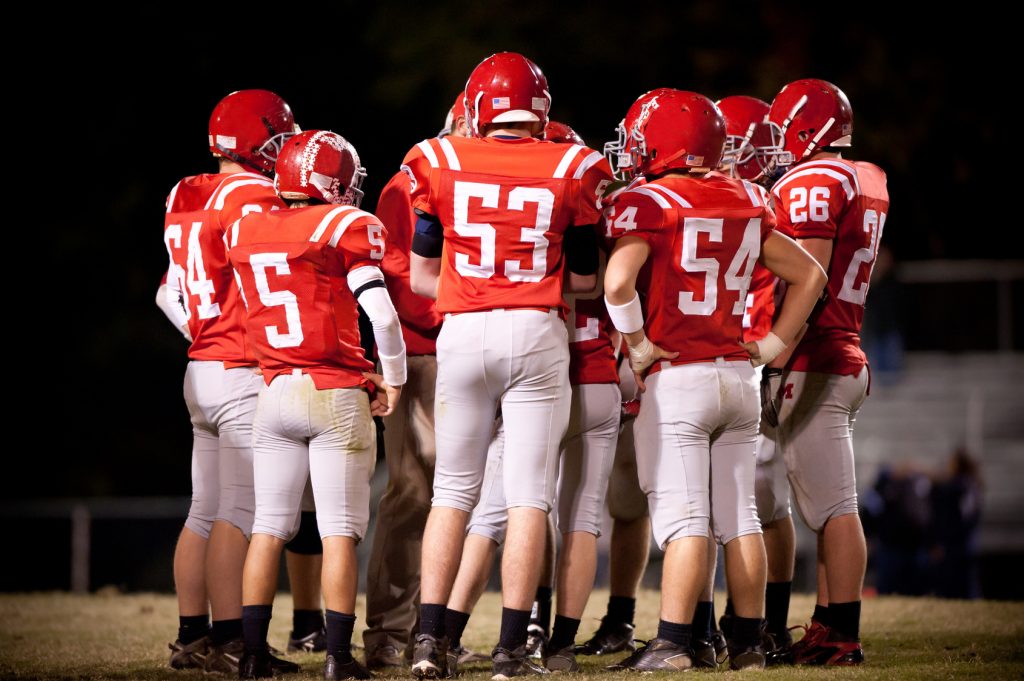Innovations to Address RAEs
Interventions such as age-ordered shirt numbering and corrective adjustments that account for birthday in timed events such as sprinting, may be effective at mitigating relative age effects (RAEs). Learn more about current research and new innovations to address RAEs in the SIRCuit.
RAE Impacts
The “relative age effect” (RAE) advantages relatively older individuals in an age group while disadvantaging the relatively youngest. This age inequality can have significant impacts on sport and educational performance, and long-term health and wellbeing. Learn more in the SIRCuit.
Coming of Age With Relative Age Research: Origins, Consequences, and Potential Solutions
On October 17, 2018, Relative Age Effects: An International Conference was hosted at York University where leading international scholars gathered to discuss the implications of athletes’ dates of birth on sport, health, and education. This article highlights the history of the phenomenon known as the “relative age effect” as well as its impact on sport,…
Issues in Athlete Identification and Selection: Are We Compromising Talent?
Despite some important ethical and developmental concerns, early identification and selection is the modus operandi of high performance sport. Most sport systems internationally have limited resources for high performance athlete development and, as a result, have to make predictions about who has the greatest likelihood of future success. Notions of talent also play critical roles…
Happy birthday? How your birthdate contributes to success or failure due to the “relative age effect”

Have you ever stopped to wonder the difference a day can make? Say, being born December 31st or January 1st? This small 24-hour window could be the difference between competing in elite vs. recreational sport, or being identified as “gifted”, or (mis)diagnosed with a learning disability in school. Many youth development systems (e.g., sport and…
There is no “I” in IST – An insider look at providing health and performance support to the 2018 Men’s Olympic Hockey Team
To the average fan watching international competitions, the finished product delivered to your television or computer screen does not always reveal the enormity of action that happens behind the scenes. Stepping off the ice at the Gangneung Hockey Centre, the venue for the men’s hockey tournament at the 2018 Pyeongchang Olympic Winter Games, and walking…
IN BRIEF: Bio-Banding and Developmental Age
You’ve probably heard of the Relative Age Effect – the concept that when children are placed into groups such as school classes or sports based on their chronological age, those born early in the cohort may have physical or intellectual advantages compared to those born late, leading to selection for enriched opportunities that tend to…
Exploring Developmental Factors for Overcoming Relative Age Effects in Ice Hockey
Relative age effects (RAEs) are developmental advantages experienced by those born in the early months of the year relative to an age-defined cut-off date (Barnsley et al., 1985). In sport and educational settings, RAEs tend to endure, resulting in an accumulated advantage that could affect youths’ overall development (Murray, 2003). This research program investigated the…
I will be taking my talents to…
At the end of each school year, senior high school students have to make important decisions about the future. For student athletes, this heralds an exciting time in their lives, since some will have the opportunity to be collegiate athletes. For these young people, the process of being recruited and offered a scholarship, often by…